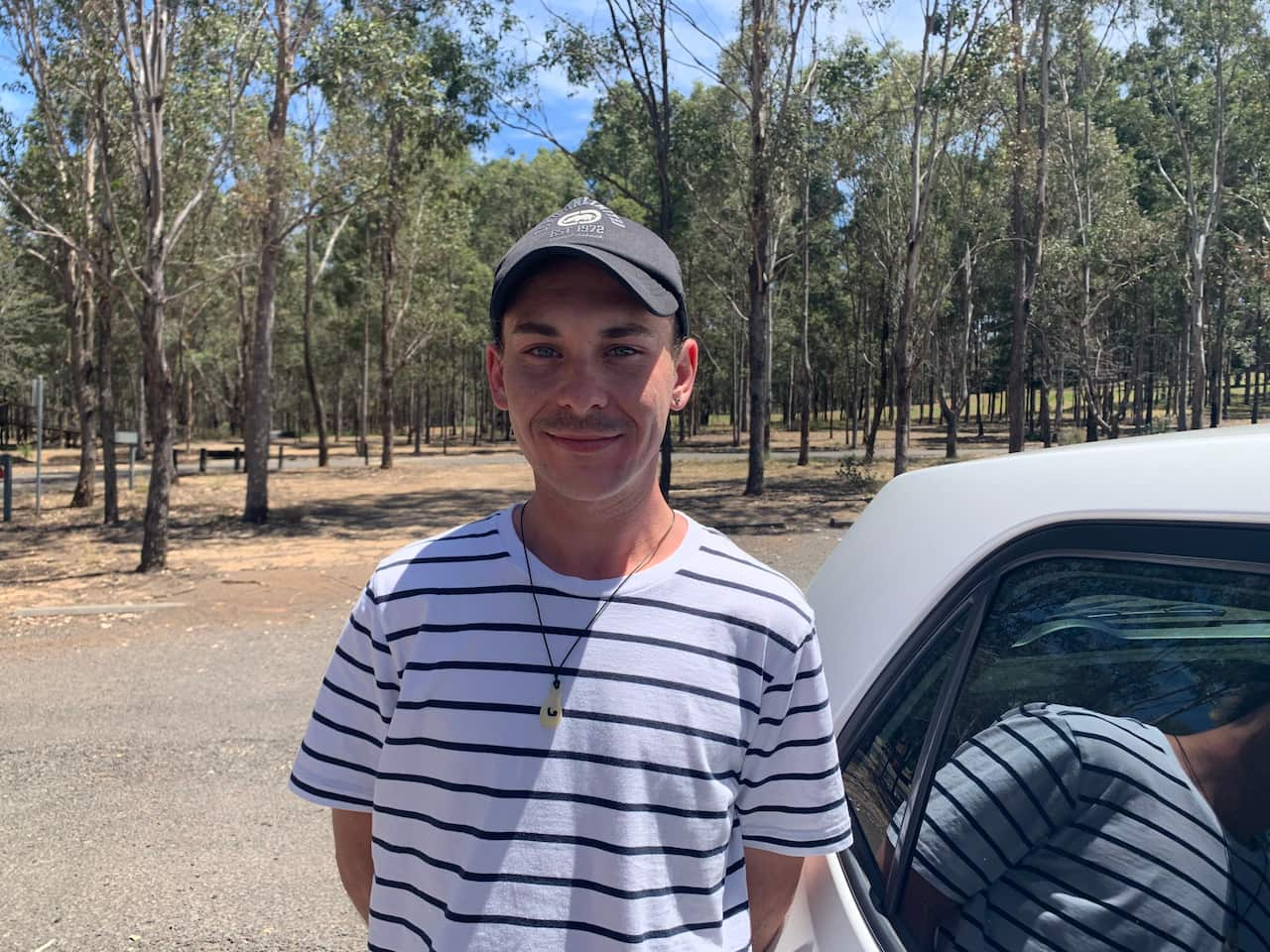Ryan Crofts hasn't been working for months after years of irregular shifts.
"I've just been applying for no experience jobs, just jobs that are going to get me by, while I'm studying my Certificate III in Community Services," the 23-year-old told SBS News.
Odd hours working in a fast-food chain made it difficult to commit and Mr Crofts, who lives in Sydney's outer west, said he struggled to get to work on public transport.
With little personal support though, getting a licence was a challenge, until he was made aware of a program called 120 Countdown provided by outreach group, United.

Ryan Crofts. Source: Ricardo Gonçalves, SBS
"We've got trained volunteers mentors who take their students out, or learners out once a week, and they'll work with them through the 120 hours of practice driving that they need to get their Provisional licence," Western Sydney 120 Countdown coordinator Paul Steward said.
He adds, that it's a free service, targeting youth and people who speak a language other than English, driven by volunteers.
"We will provide the training to make them good volunteer mentors, but basically, people who are retired and semi-retired have really excelled at being mentors."
Ryan earned his licence only recently with the help of United and believes it'll aid him in getting a job.
Youth Unemployment Surges
Earlier this week, the Australian Bureau of Statistics recorded a 0.6 per cent increase in youth unemployment rate in October to an 18 month high of 12.4 per cent.

It's more than double the overall jobless rate, of 5.3 per cent.
Forty-one per cent of young unemployed Australians don't have a drivers licence according to the community organisation, the Brotherhood of St Laurence.

Youth unemployment in Australia has risen to an 18 month high, so what can be done about it? Source: AAP
Having the ability to drive a vehicle reduces one barrier to enter the workforce, but PwC chief economist, Jeremy Thorpe said there are many others.
"Young mothers, because they struggle to balance looking after children and work, people from social disadvantage, who have low numeracy and literacy skills.
"The third group is, Indigenous and we see that as aligned with the other two groups at times."
Mr Thorpe said supporting early employment is critical and that businesses can play a part.
"Employers need to find new avenues to bring young people into the workplace, new apprenticeship models are emerging, they provide opportunities for their business to find talent, but also for people to gain those skills which will set them up for life," he said.
Share



